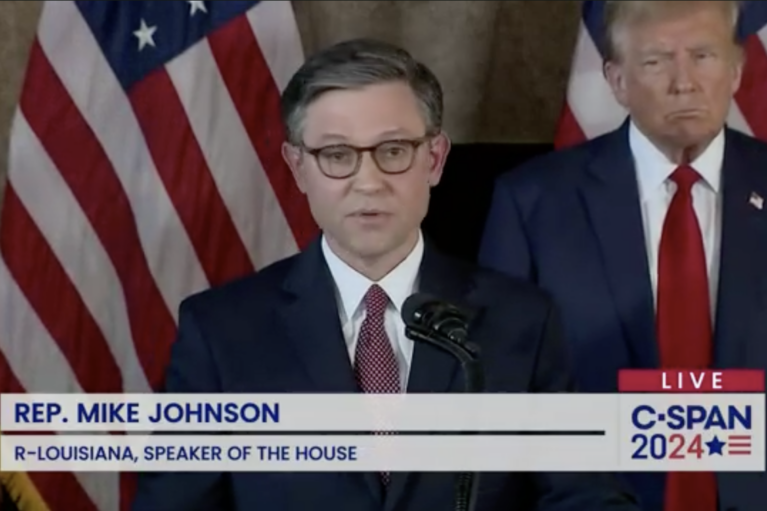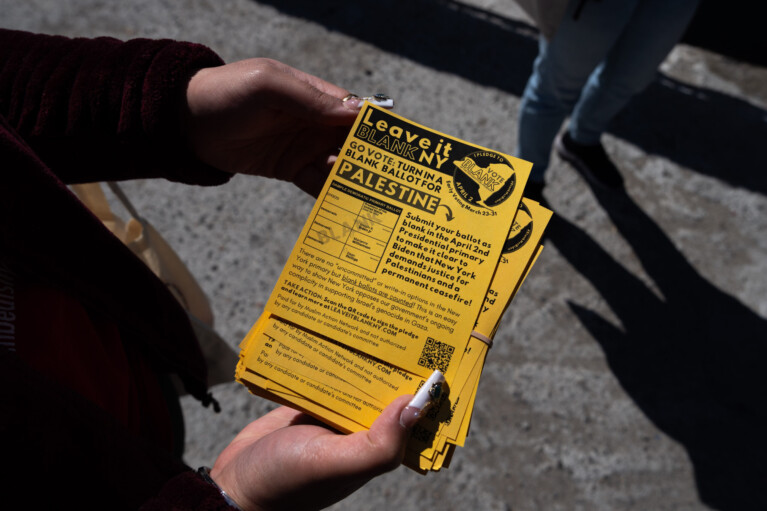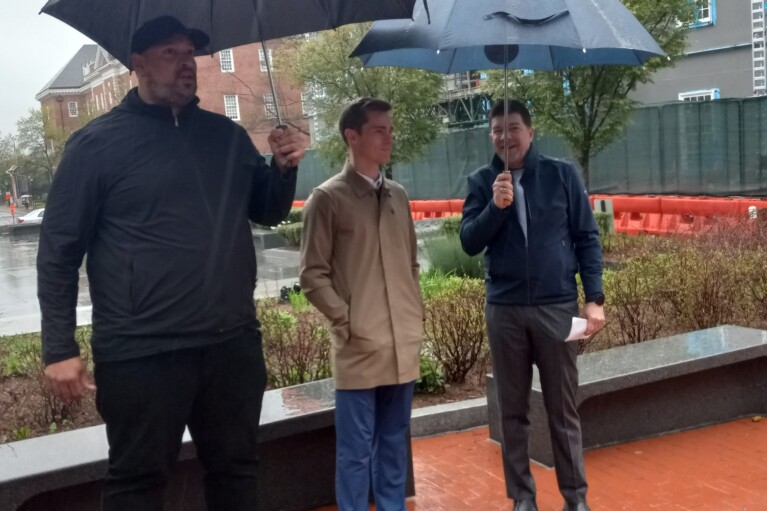Frosh v. Trump: Report Breaks Down Past Year’s Legal Actions

Maryland Attorney General Brian E. Frosh’s office challenged the federal government on 30 fronts in the past year, including by filing more than a dozen new lawsuits challenging Trump administration policies.
The Maryland Office of the Attorney General initiated or joined at least 14 court cases in the past year, including lawsuits aimed at protecting the Affordable Care Act, halting family separation policies at the U.S border, stopping the distribution of plans for 3-D printed guns, opposing a citizenship question on the 2020 Census, and challenging the federal government’s actions on a number of environmental policies.
The new lawsuits were filed as the attorney general’s office continued to press for changes to federal rules, pursue Freedom of Information Act requests and litigate cases filed in 2017, the first year that the office was able to take legal action against the federal government without prior approval from the General Assembly or governor.
The new legal actions have been touted by Frosh (D) as they’ve been filed, though a year-end report released this month compiles all the proceedings into a single 22-page document.
Many of the cases have garnered nationwide attention, like the emoluments lawsuit first filed in 2017, which alleges that President Trump has violated the U.S. Constitution by retaining ties to his global business and accepting payments from foreign governments.
Earlier this month, the attorneys general offices of Maryland and Washington, D.C., began preparing dozens of subpoenas in the case, which could force Trump-connected businesses and allies to divulge information. On Monday, the Justice Department filed an appeal.
In 2018, Frosh filed a lawsuit in U.S. District Court in Maryland, seeking a court judgment that the Affordable Care Act is constitutional and that the Trump administration must stop taking actions to dismantle the law. That case — not the first Frosh has entered on the Affordable Care Act front — is scheduled for a hearing on Wednesday.
It is also the vessel through which Frosh has challenged the appointment of Acting U.S. Attorney General Matthew Whitaker after the ouster of former U.S. Attorney General Jeff Sessions. A filing in the ACA lawsuit contends that Trump’s appointment of Whitaker violates the line of succession identified in federal law for the position.
Of the lawsuits initiated this year, a half-dozen confront Trump administration environmental policies, including loosened restrictions on greenhouse gas emissions, changes to the Clean Water Act and a Department of Interior decision to narrow the scope of the Migratory Bird Treaty Act. Other lawsuits seek to preserve net neutrality, challenge a provision in federal tax reform that limits state and local tax deductions and improve protections for workers who come in contact with pesticides.
The Office of the Attorney General has defended the 2015 Clean Power Plan, which regulates emissions from power plants. The Obama administration rule was challenged by other states, including by former Environmental Protection Agency chief Scott Pruitt when he was Oklahoma’s attorney general. The legal challenge remains pending in federal court.
The attorney general has also filed comments opposing the Trump administration’s proposed replacement for the 2015 law, called the Affordable Clean Energy Rule, calling the proposal inadequate.
On the regulatory front, Frosh’s office also submitted comments opposing a proposed rule that would have established subsidies for underperforming power plants, a rule change that was ultimately rejected by the Federal Energy Regulatory Commission.
The Office of the Attorney General saw success this year in some cases that were filed previously.
Frosh was part of a coalition that challenged a delay in implementing the Borrower Defense Rule, an Obama-era law that allowed student borrowers to obtain loan forgiveness when a predatory school engaged in deceptive conduct. This week the U.S. Department of Education announced that more than $150 million in debts could be forgiven for students who were defrauded or attended colleges that were shut down.
A coalition of state attorneys general prevailed in a case seeking to challenge the federal government over its decision to end Deferred Action for Childhood Arrivals. The Trump administration has appealed to the Supreme Court.
And the administration has prevailed at the court before, including in a case on the travel bans implemented shortly after Trump’s inaugurations.
Frosh’s involvement in so many national challenges was a central issue in the 2018 campaign, when he was challenged by Republican Craig Wolf.
Frosh has asked for additional state funding to support all the activity, but Gov. Lawrence J. Hogan Jr. (R) has used his budgetary authority to withhold those funds, which the General Assembly called for in the 2017 legislation.




 Creative Commons Attribution
Creative Commons Attribution